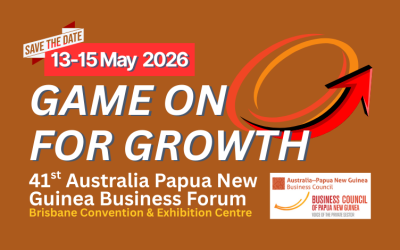In East New Britain, Papua New Guinea’s financial inclusion community is trying something simple but powerful. Teach money skills early and the MSME pipeline will be stronger later. The Centre for Excellence in Financial Inclusion wrapped up its 2025 Young Mind Savings Campaign, known as YMSC, with roadshow-style events at Kerevat National School of Excellence and Malaguna Technical School. Banks, superannuation funds and regulators came onto campus to open accounts on the spot and to demystify savings, credit and digital payments. The schools-first strategy aims to make future founders bankable before they ever apply for a first business loan. “Financial education is vital to make young people bankable and better prepared for the future,” East New Britain Commerce adviser Rosemary Murure told students, urging them to “start saving early to secure their future,” as reported by the Post Courier newspaper.
The campaign aligns with the National Financial Inclusion Strategy covering 2023 to 2027 and reflects the central bank’s push to broaden account ownership and to reduce cash-only transactions that trap micro-operators in informality. CEFI’s partners ranged from the Securities Commission and the central bank’s Domestic Markets Division to BSP, Kina Bank, TISA Bank, Nambawan Super and MiBank. They offered awareness sessions and on-the-spot account opening so teenagers could take a first formal step into the financial system. Organisers say the model does more than build savings habits. It shortens the distance between a market-day side hustle and a registered micro-business that can access working-capital finance later.
While a full impact tally is due in an official release, campaign leaders highlighted early wins such as new savings accounts opened with BSP, TISA Bank and ENB Savings and Loan Society. National Financial Inclusion Strategy coordinator Danny Koka framed inclusion as a development foundation. “Every citizen should have a bank account and access to banking services,” he said, urging students to save regularly and to use opportunities to build businesses. For a country where many micro-retailers and village producers struggle with record-keeping and collateral, seeding financial capability in school could be one of the cheapest ways to lift credit-readiness and, ultimately, MSME survival.



